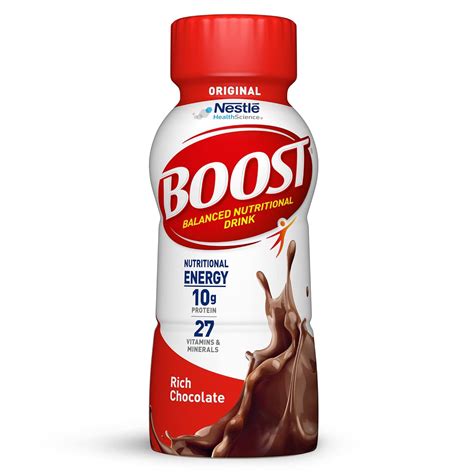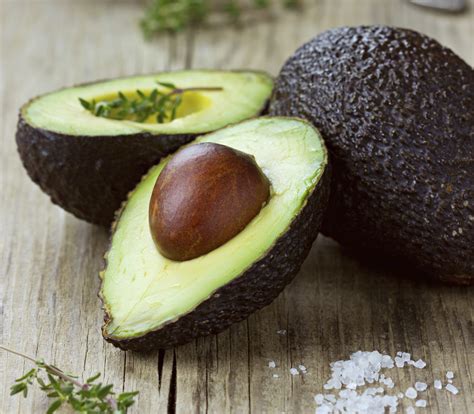Boost T naturally: what nutrients optimize male hormone health for peak drive?

For many men, maintaining optimal testosterone levels is key to overall vitality, energy, muscle mass, mood, and, crucially, a healthy sex drive. While aging naturally brings a decline in testosterone, lifestyle and, most significantly, nutrition, play a powerful role in supporting and optimizing male hormone health. This article delves into the specific nutrients that can naturally help boost testosterone and contribute to peak drive.
The Foundation of Male Vitality: Understanding Testosterone
Testosterone, often dubbed the primary male sex hormone, is much more than just a driver of libido. It’s integral to muscle growth, bone density, red blood cell production, fat distribution, and even cognitive function. Low testosterone (Low T) can manifest as fatigue, reduced libido, difficulty concentrating, mood changes, and a decrease in muscle mass. While medical interventions exist, a proactive nutritional approach can lay a strong foundation for maintaining healthy levels and a robust drive.

Key Nutrients for Testosterone Optimization
Several vitamins, minerals, and fatty acids are directly involved in testosterone synthesis and regulation within the body. Incorporating these into your diet is a strategic move for male hormone health.
Zinc: The Mineral Maestro
Zinc is a critical mineral involved in numerous bodily functions, including immune health, cell division, and protein synthesis. Crucially, it plays a vital role in testosterone production. Studies have shown that zinc deficiency can lead to a significant decrease in testosterone levels, and supplementation in deficient men can restore them. Rich sources include oysters, red meat, poultry, beans, nuts, and whole grains.
Vitamin D: The Sunshine Hormone
Often referred to as a vitamin, Vitamin D actually functions as a steroid hormone in the body. Receptors for Vitamin D are found in the testes, and research indicates a strong correlation between sufficient Vitamin D levels and higher testosterone. It’s believed to impact T levels by directly influencing the enzymes involved in its synthesis. Sunlight exposure is the primary source, but fatty fish (salmon, mackerel), fortified dairy, and supplements are also important, especially in regions with limited sun.

Magnesium: The Muscle & Hormone Supporter
Magnesium is an essential mineral involved in over 300 enzymatic reactions, including those that influence muscle function, nerve transmission, and energy production. For testosterone, magnesium plays a role in reducing Sex Hormone Binding Globulin (SHBG), a protein that binds to testosterone, making it unavailable for the body to use. By lowering SHBG, magnesium can increase the amount of free, biologically active testosterone. Leafy green vegetables, nuts, seeds, legumes, and whole grains are excellent sources.
Boron: The Hormone Balancer
Though required in smaller amounts, boron has shown promising effects on hormone health. Research suggests that boron can increase free testosterone and significantly decrease estradiol (a form of estrogen) in men, thereby creating a more favorable hormone balance. It also appears to enhance the body’s utilization of Vitamin D. You can find boron in fruits, vegetables, nuts, and legumes.
Omega-3 Fatty Acids: Inflammation Fighter & Hormone Helper
Healthy fats, particularly omega-3s, are vital for overall cellular health and hormone production. They help reduce inflammation, which can otherwise negatively impact hormone balance. Omega-3s contribute to the health of cell membranes, which are crucial for hormone signaling. Fatty fish like salmon, mackerel, and sardines, as well as flaxseeds and walnuts, are rich in these beneficial fats.

Beyond Specific Nutrients: A Holistic Dietary Approach
While focusing on individual nutrients is beneficial, the overarching principle for optimizing male hormone health is a balanced, whole-foods diet. Prioritize:
- Healthy Fats: Beyond Omega-3s, monounsaturated fats found in avocados, olive oil, and nuts are crucial for cholesterol synthesis, a precursor to testosterone.
- Lean Protein: Adequate protein intake supports muscle maintenance and overall recovery, indirectly aiding hormone health.
- Complex Carbohydrates: Whole grains, fruits, and vegetables provide essential fiber, vitamins, and minerals without the blood sugar spikes associated with refined carbs, which can negatively impact T levels.
- Cruciferous Vegetables: Broccoli, cauliflower, and Brussels sprouts contain compounds like indole-3-carbinol, which help the body metabolize excess estrogen, promoting a healthier testosterone-to-estrogen ratio.
Conversely, limiting processed foods, excessive sugar, and alcohol is equally important, as these can contribute to inflammation, oxidative stress, and hormonal imbalances.

Conclusion: Fueling Your Drive Naturally
Optimizing male hormone health and achieving peak drive isn’t about quick fixes; it’s a marathon powered by consistent, smart nutritional choices. By strategically incorporating zinc, Vitamin D, magnesium, boron, and omega-3 fatty acids, alongside a diverse diet rich in whole foods, men can significantly support their natural testosterone production. Combine this nutritional strategy with adequate sleep, regular exercise, and stress management, and you’ll be well on your way to enhancing your vitality, energy, and drive naturally.










